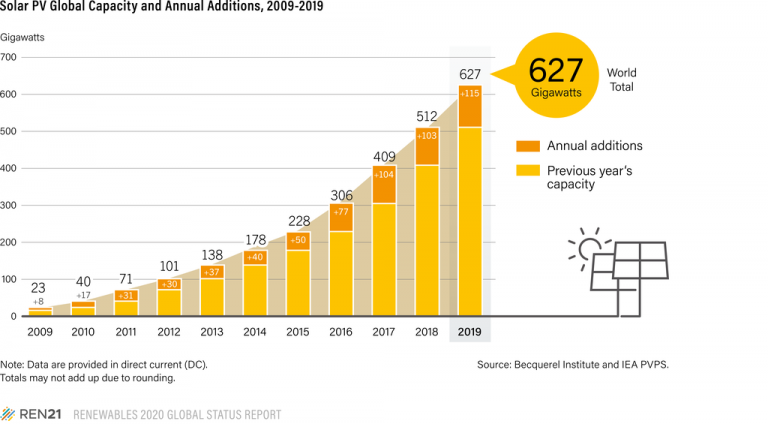Just_a_fan wrote: ↑19 Nov 2020, 20:13
The thing about the cost to run an EV compared with an ICE really depends on where you live. In some countries, petrol is almost free and an EV makes no real sense from an economic point of view. In other countries, petrol/diesel is massively taxed and an EV makes sense.
Very true! Here in Norway, electricity is very cheap, fossil fuel very expensive.
€1.40/liter, or $6,26/gallon
https://www.globalpetrolprices.com/Norw ... ne_prices/
Running an ice here is nearly 10x as expensive as an EV. So for the fuel cost isolated it's a no-brainer. ICE spends nearly it's new price in fuel during it's lifetime here.
Hybrids are not so popular here anymore. The better the EVs get, the less reason to compromise with a hybrid. No-one ever asked about the range on petrol on a hybrid. It's all about electric range, the more the better. So the batteries increases, and people asks for more range. Until someone stops and asks the question, what if we chuck out the ice? And the fuel tank, the radiator, exhaust, gearbox etc. Make room for more battery, more range, more power.
Tesla did exactly that 10 years ago. Now others follow.
The way I see it, hybrid is a gateway drug to EV. Once you start driving in electric mode, you want more. It's true hybrids got all the advantages of both. But they also got all the disadvantages. Not only a expensive complicated ice, exhaust etc, but also a battery with a certain lifetime, power electronics etc.

